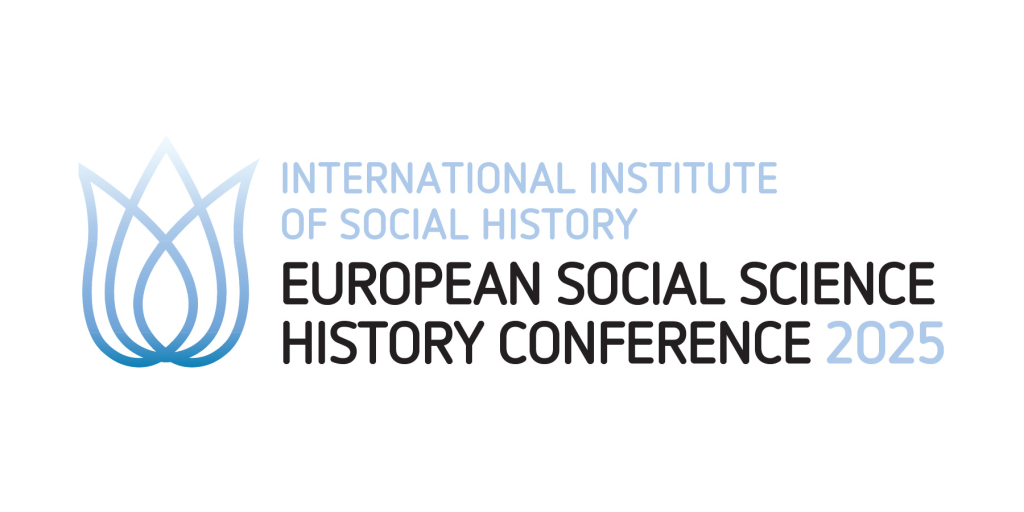ESSHC, Leiden, 26-29 March 2025
Session organizers: Giulio Ongaro (University of Milano-Bicocca), Matteo Di Tullio (University of Pavia), Benedetta Crivelli (University of Parma)
The session aims at observing the relationship between the changes in inclusion practices and government policies of local institutions and the economic changes that affected the European rural areas during the Early Modern period. Recent years have seen a flourishing of studies which have considerably increased our knowledge of the wealth inequality dynamics in preindustrial times, especially underlining the role played by the rising of the so-called fiscal-military State – and, specifically, of direct taxation – in fostering the rise of inequality. However, highlighting the role played by the State and the economic strategies by the “centre” in affecting economic inequality, these research considered only partially the role played in this sense by the local institutions, which on the contrary played a crucial role in the definition of the distribution of fiscal burden. In other words the municipal councils finally defined in which way the State and local burden affected the households wealth. Consider that State taxes, the lodging of soldiers, or the payment for the construction of fortresses (just to make some examples) could be handled using the incomes coming from the renting out of the municipal and commons properties, or through their selling or, exactly, increasing the direct taxation on the subjects. Genially speaking, during the Early Modern period relevant changes affected the composition of the rural councils, with a widespread closing of them (and, therefore, a limitation in the participation of the rural population in the choices of economic policy). Moreover, most of rural communities experienced the usurpation and loss of the common properties, and a strong increase in the indebtedness of the local treasuries, that often went hand in hand with the increase in direct taxation, it clearly appears the possible link between these phenomena and the parallel growth of economic inequality.
This argument leads to the main questions that the session aims at answering:
- How did, in different contexts and periods, the changes in the functioning of the local institutions affected the broad functioning of the local economy?
- Is it possible to identify a clear relationship between the limitation in the participation in the functioning of the municipal councils and the management of the common properties and the local taxation? With “limitation in the participation” we mean both the limitation in the number of people allowed to participate in the councils, the exclusion of specific social groups (for example the foreigners), and the scarce turnover rate in the families represented in the councils.
- Similarly, is it possible to connect, more or less directly, the changes in the functioning of the local councils and the changes in the way the wealth coming from the municipal assets and commons were distributed? For example, through a direct use of the commons by the inhabitants or through their renting out, in order to assure earnings to the local public treasuries, or, finally, through their selling, implying relevant earnings in the short period but the parallel loss of regular revenues.
If you wish to propose a contribution to the session, please send an email with a provisional title and a short abstract to the session organizers (giulio.ongaro@unimib.it; matteo.ditullio@unipv.it; benedettamaria.crivelli@unipr.it) before 31 March 2024.

